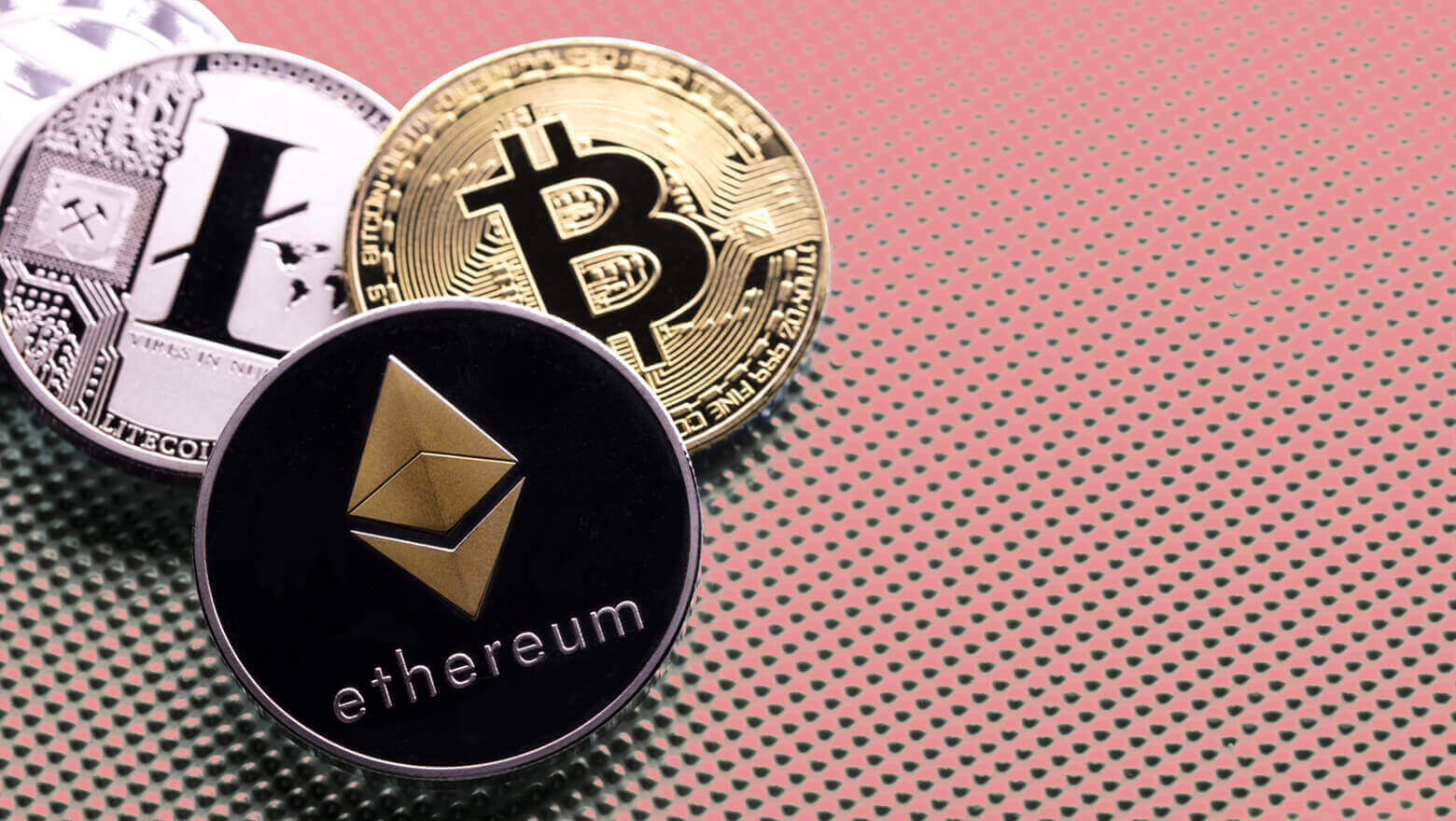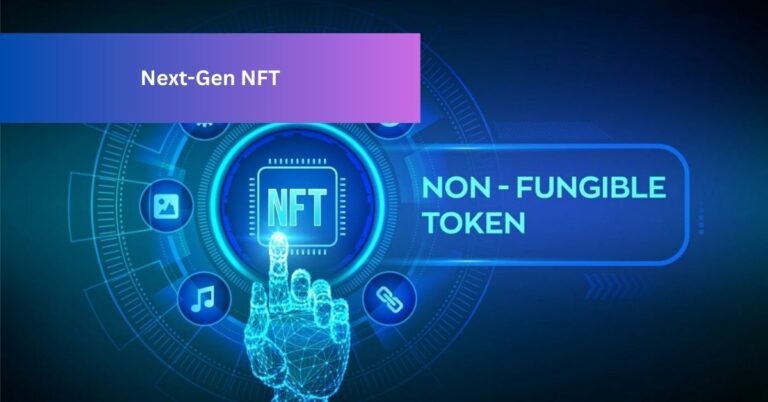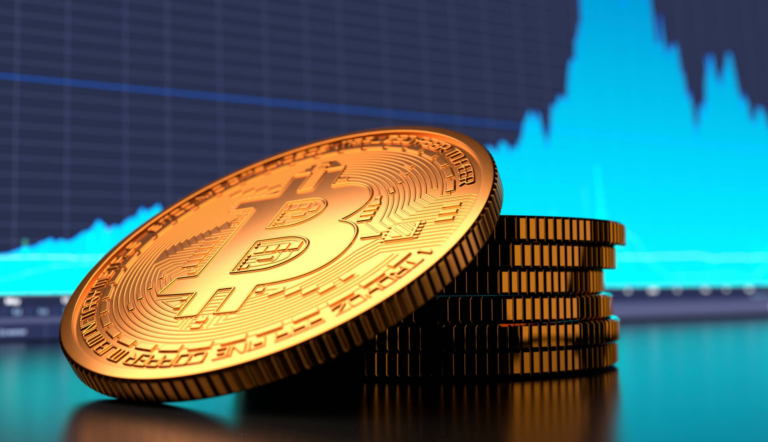The Rise of Altcoins: Exploring Beyond Bitcoin and Ethereum
The cryptocurrency landscape has expanded far beyond the pioneering days of Bitcoin and Ethereum. A diverse range of alternative cryptocurrencies, commonly known as altcoins, has emerged. This article delves into the rise of altcoins, exploring their unique features, use cases, and the evolving dynamics of the cryptocurrency market.
Understanding Altcoins
1. Definition
Altcoins refer to any cryptocurrency other than Bitcoin. While Bitcoin remains the dominant and most well-known cryptocurrency, altcoins encompass a wide array of digital assets with varying functionalities, purposes, and underlying technologies.
2. Diversity of Altcoins
Altcoins include a diverse set of cryptocurrencies, each with its own blockchain and set of features. Some aim to improve upon Bitcoin’s limitations, while others serve specific use cases, such as smart contracts, privacy, or decentralized finance (DeFi).
Notable Altcoins and Their Features
1. Ripple (XRP)
- Use Case: Ripple is designed for fast and cost-effective international money transfers.
- Consensus Mechanism: Utilizes a unique consensus mechanism called the Ripple Protocol Consensus Algorithm.
2. Litecoin (LTC)
- Use Case: Often referred to as the “silver to Bitcoin’s gold,” Litecoin offers faster block generation times and transaction confirmations.
- Mining Algorithm: Uses Scrypt, a memory-hard algorithm, different from Bitcoin’s SHA-256.
3. Cardano (ADA)
- Use Case: Cardano aims to provide a more secure and scalable blockchain and is known for its research-driven approach.
- Proof-of-Stake: Utilizes a proof-of-stake consensus algorithm called Ouroboros.
4. Polkadot (DOT)
- Use Case: Polkadot facilitates interoperability between different blockchains, allowing them to transfer messages and value in a trust-free fashion.
- Relay Chain: The heart of Polkadot’s multi-chain system, ensuring security and consensus.
5. Chainlink (LINK)
- Use Case: Chainlink provides decentralized oracle services, enabling smart contracts to securely interact with real-world data.
- Decentralized Oracle Network: Connects smart contracts with real-world data from various sources.
Evolving Dynamics in the Cryptocurrency Market
1. Decentralized Finance (DeFi)
- Rise of DeFi: Many altcoins play a crucial role in the explosive growth of decentralized finance, offering lending, borrowing, and trading services without traditional intermediaries.
2. Non-Fungible Tokens (NFTs)
- NFT Mania: Some altcoins are closely associated with the rise of non-fungible tokens, representing ownership of unique digital assets like art, music, and virtual real estate.
3. Smart Contracts and DApps
- Ethereum Competitors: Altcoins such as Cardano, Polkadot, and Binance Smart Chain aim to compete with Ethereum by offering platforms for smart contracts and decentralized applications (DApps).
Risks and Considerations
1. Volatility
- Market Volatility: Altcoins, like Bitcoin, are subject to significant price volatility, making them attractive to traders but posing risks to investors.
2. Regulatory Uncertainty
- Regulatory Challenges: The regulatory environment for cryptocurrencies is still evolving, and uncertainty can impact the adoption and value of altcoins.
3. Security Concerns
- Security Risks: Some altcoins may be susceptible to security vulnerabilities, and users should exercise caution when storing and trading these digital assets.
The Future of Altcoins
1. Integration and Collaboration
- Interoperability: The future may see increased efforts towards interoperability, allowing different blockchains and altcoins to collaborate seamlessly.
2. Specialized Use Cases
- Niche Solutions: Altcoins are likely to continue serving specialized use cases, addressing specific challenges and bringing innovation to the broader cryptocurrency space.
Conclusion
The rise of altcoins signifies a maturing and diversifying cryptocurrency landscape. While Bitcoin and Ethereum remain pivotal, altcoins contribute to the industry’s innovation, offering unique features and use cases. As the market continues to evolve, investors, enthusiasts, and developers will play crucial roles in shaping the future of altcoins. It is essential to approach the world of altcoins with a comprehensive understanding of their features, risks, and potential contributions to the broader blockchain ecosystem.






